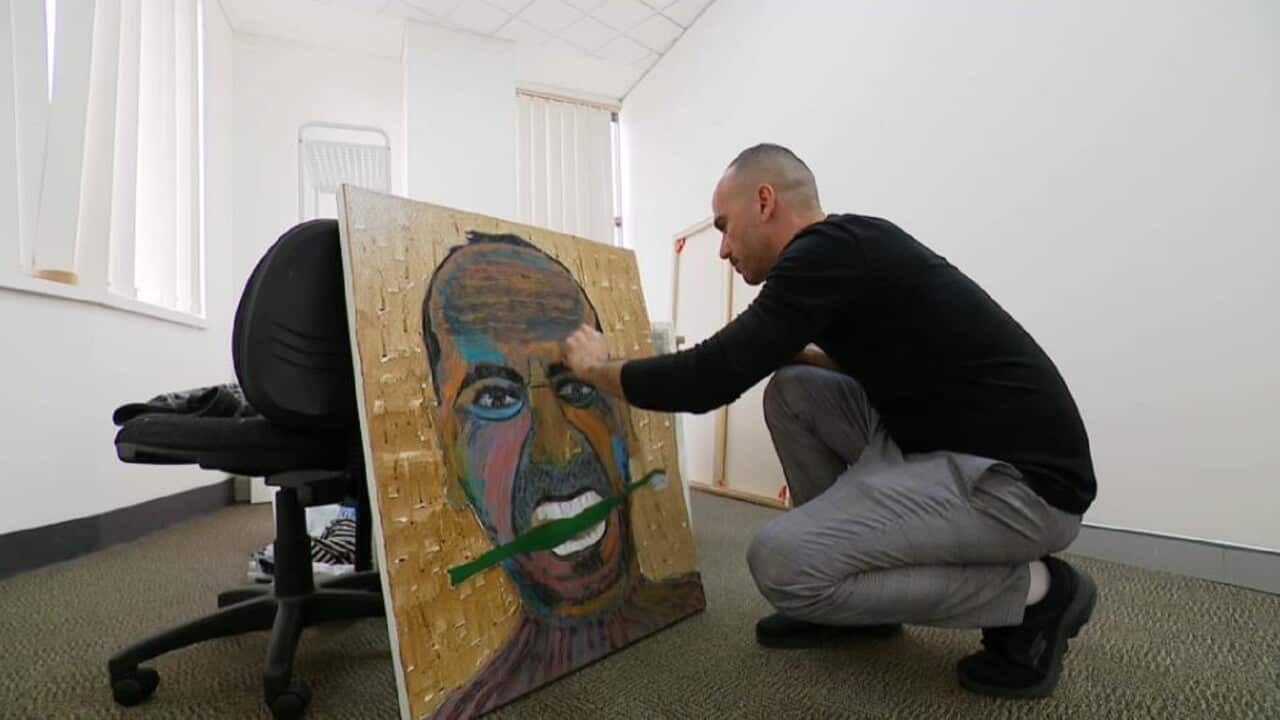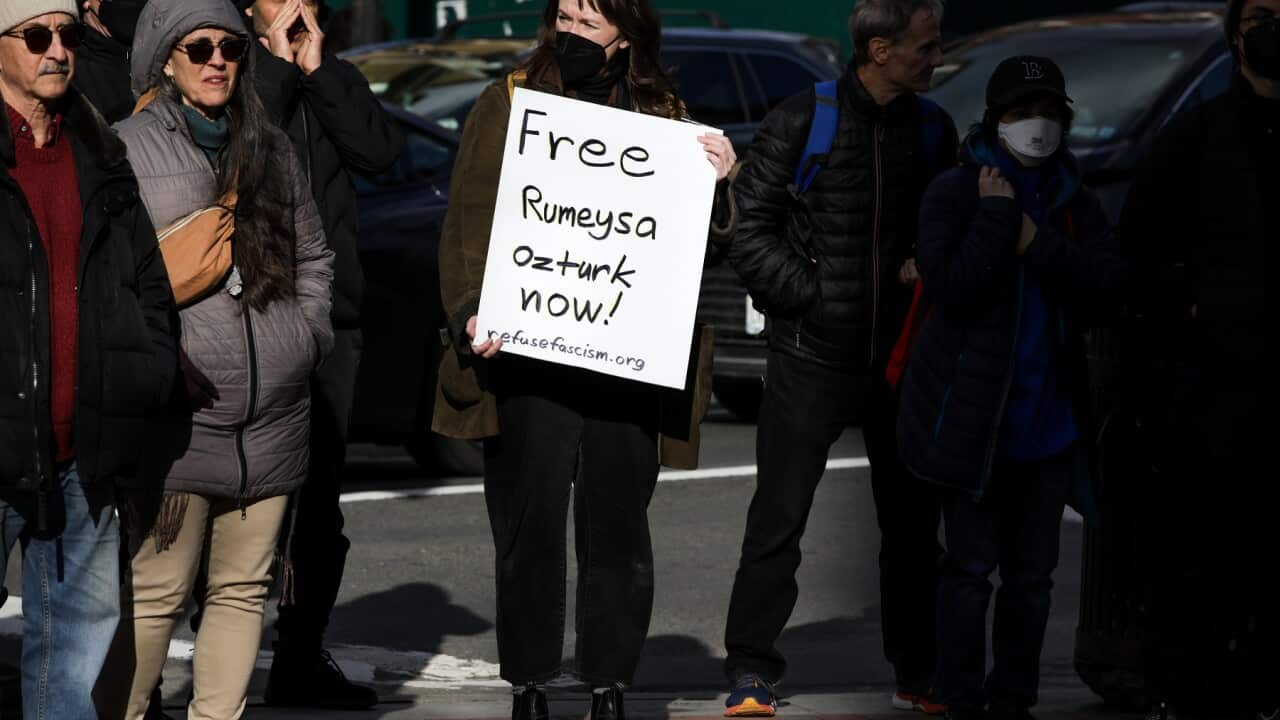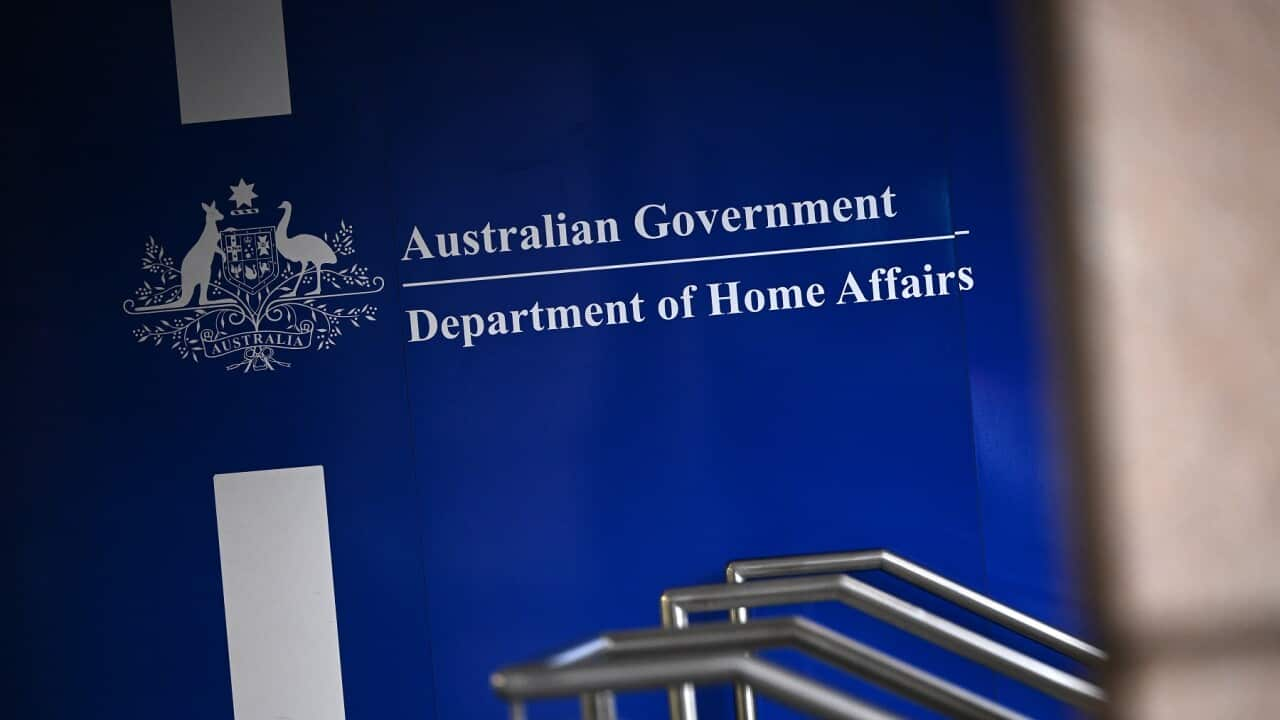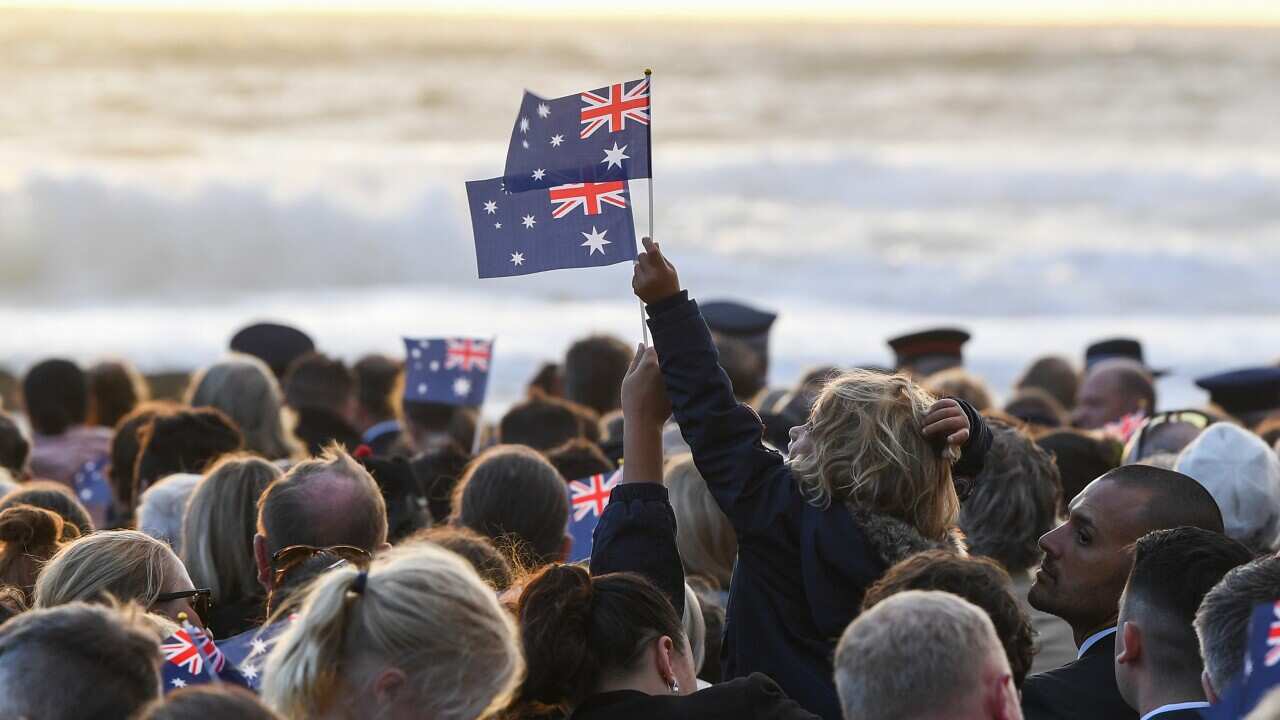TRANSCRIPT
Mostafa Azimitabar is still haunted by memories of his six years detained on Manus Island.
"I'm not going to escape from it because it's like a shadow. Trauma for me is like a shadow. If I escape from it, it will follow me. The best way is to deal with the pain - that it happened, it's a part of me."
The Kurdish refugee says he still struggles to unpack his trauma from that time - which was followed by over a year detained in two Melbourne hotels, after being transferred to Australia to treat severe asthma and mental illness.
"It's like I'm holding maybe a knife and I'm carving the words on my skin, it's so difficult... that's why sometimes I feel not at the moment, I have to be patient. It will be okay, it's not the time."
A 2020 report in the British Journal of Psychology that looked at refugees resettling in high-income countries found one in three globally have experienced some form of mental illness.
Now a new study from the University of New South Wales has found those who have experienced offshore detention, or prolonged onshore detention, are more likely to experience post-traumatic stress disorder compared to other refugees.
Dr Philippa Specker was the lead researcher on the British Journal of Psychology report, and says individuals are more likely to experience PTSD when they feel unsafe.
"People who experience detention might be witnessing or experiencing further traumatic or adverse events that add to their mental health burden, and might make them even more at risk of having mental health problems, even years after joining the community."
Dr Specker says not all detention experiences carry the same risk for mental illness.
Individuals who spend time in offshore detention are 20 times more likely to develop PTSD compared to those who spent less than six months in onshore detention.
Those in prolonged onshore detention, or for longer than six months, were almost 17 times more likely to report PTSD.
"There seems to be something about being detained in a facility offshore that puts someone at especially high risk. I think when we consider what this experience might feel like for someone who's come to Australia seeking asylum, they arrive in Australia seeking asylum and are then relocated to a third country by the very government, they're asking to give them safety and support. So it's understandable that this might undermine people's sense of security and certainty about the future."
Beyond Blue's chief executive Georgie Harman says this is a situation where mental health literacy comes into play.
The New South Wales Mental Health Commission says this type of literacy is about people's knowledge of health care systems, and their ability and confidence in accessing and understanding them.
Ms Harman says for culturally and linguistically diverse people generally, mental health literacy is far lower.
"People from CALD communities access mental health support often when they're in extreme distress or crisis. We also know that they don't seek support at the same rates as the rest of the general population. And again there are a whole range of reasons for that: language barriers, confusion about the system, which is really confusing for most of us."
This resonates for Reshma Manandhar, who migrated from Nepal to Australia 20 years ago and believes she struggled with post-natal depression after the birth of her first child, despite not having the language for what she was experiencing.
"I think the big mental health issue for me was when I had my son, and I think I had post-natal depression but I wasn't aware of it. It was a very difficult time for me - having a kid here, being in a completely different environment, not the support that I'm used to."
Beyond Blue has formed a new partnership with settlement agency AMES that it hopes will improve mental health awareness in migrant and refugee communities.
The partnership looks to reach people in community, offering mental health training to AMES staff, and providing easy English support resources.
AMES CEO Cath Scarth says reaching people in a culturally safe environment is essential.
"For us at AMES, we have, I suppose, four key determinants that we think are critical for successful settlement. The obvious ones, education, speaking, English, safe, secure housing, obviously employment. But the fourth critical pillar is really about health and wellbeing, and mental health is a critical part of that."
Reshma now works as a coordinator in community engagement for AMES.
She hopes her experiences will help others.
"In my community, most of us, we've come from Nepal and we are facing similar challenges. And when we talk about it, it makes it normal. It normalises it. And then when you say, oh, there is a help available, you can seek help, or, oh, I have gone to see someone, and that really helped. That opens up and that makes it normal. And that sort of says to other people that, yes, you can access help. It is all right to seek help. It is all right to say, you know what, I have a problem in the first place. Sometimes we don't even admit to ourselves that we have problem."
For Mostafa, he says professional support has failed him so far - and that psychologists must be skilled to navigate this unique trauma.
"I see they try to engage with what I am talking about, but they don't understand it because they were not in detention. It's very complicated. It's not easy when I share this. It's not something simple. Someone was in detention for a decade and comes out and go to another room. Okay, I'm going to share what happened to me with a psychologist. The psychologist should have the qualification of dealing with high level of trauma. Otherwise, the trauma becomes much bigger to the person."
It's a battle Mostafa is still navigating after he lost an appeal in a 2022 High court case, which found Australia's hotel detention is legal but 'lacked human decency'.
A current case is arguing against an asylum seeker's removal to Nauru detention under the government's new powers to deport anyone without a visa to third countries.
SBS contacted the Department of Home Affairs for comment who have not yet responded.
Meanwhile, still living in limbo on a bridging visa, Moz has turned to art, produced with some unusual tools.
"I see people when they look at the paintings I have painted, and they say 'did you paint this with toothbrush?' I see they are smiling, I see they are really happy. Sometimes I feel there is a magic, there is something like a spirit around me."













